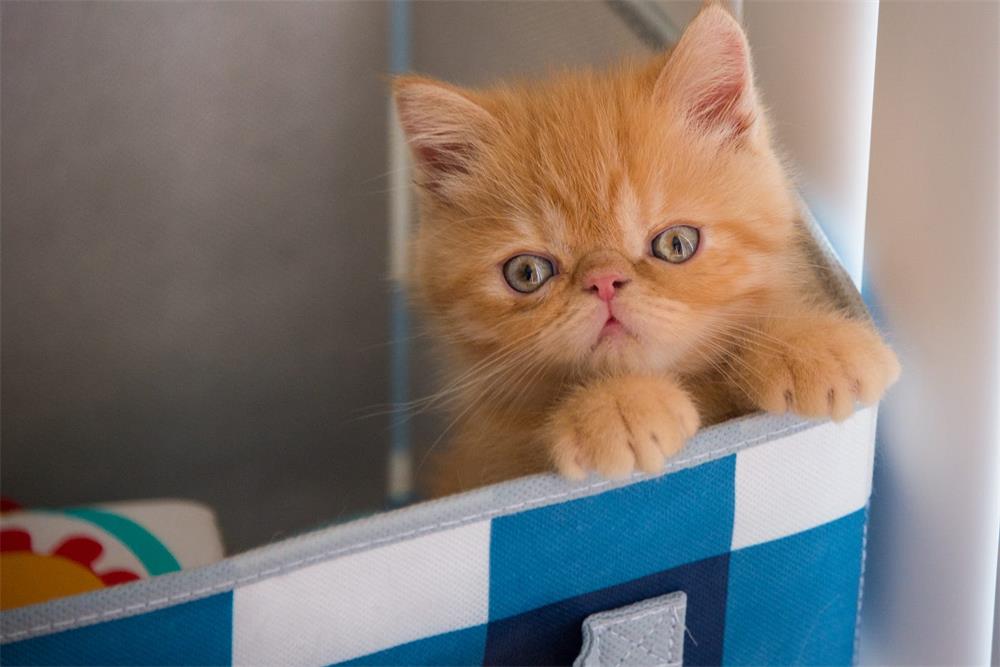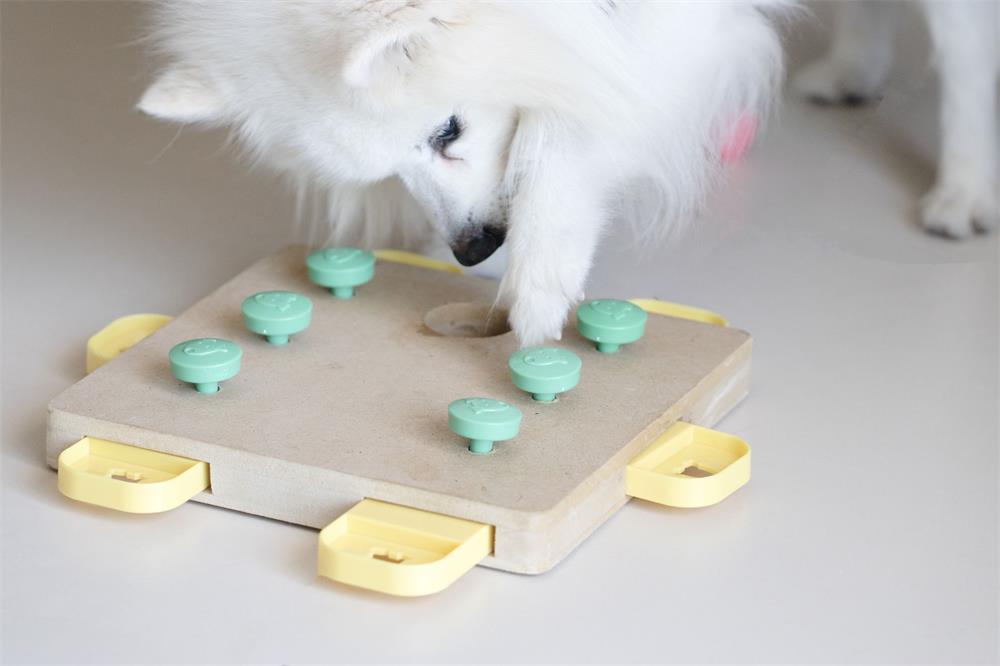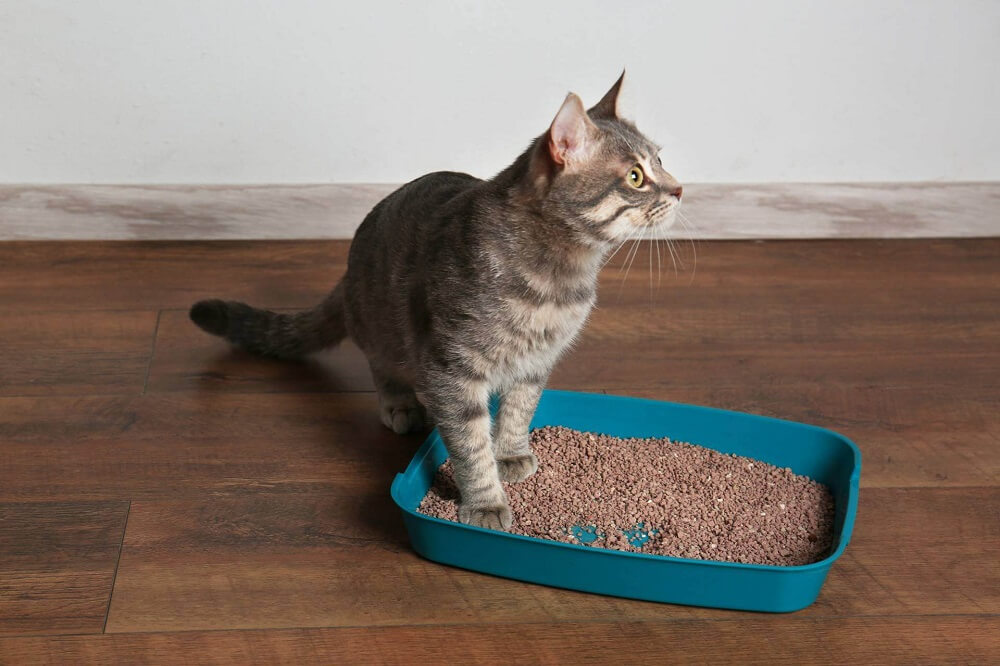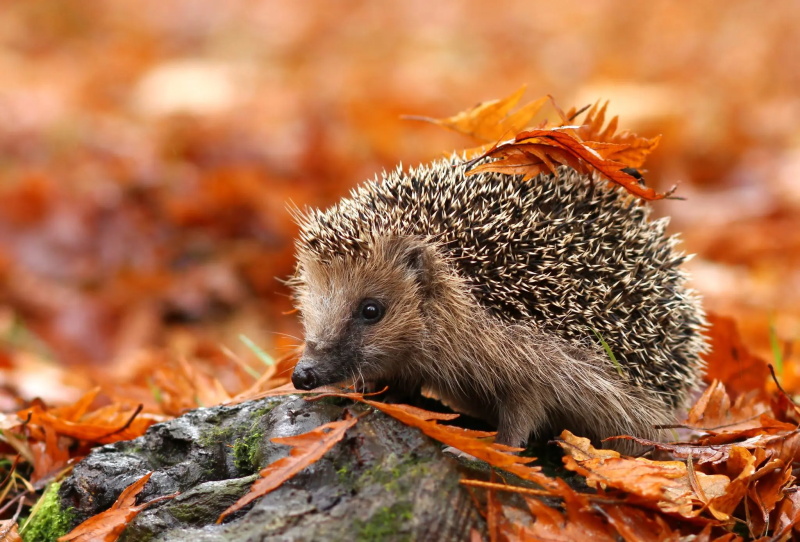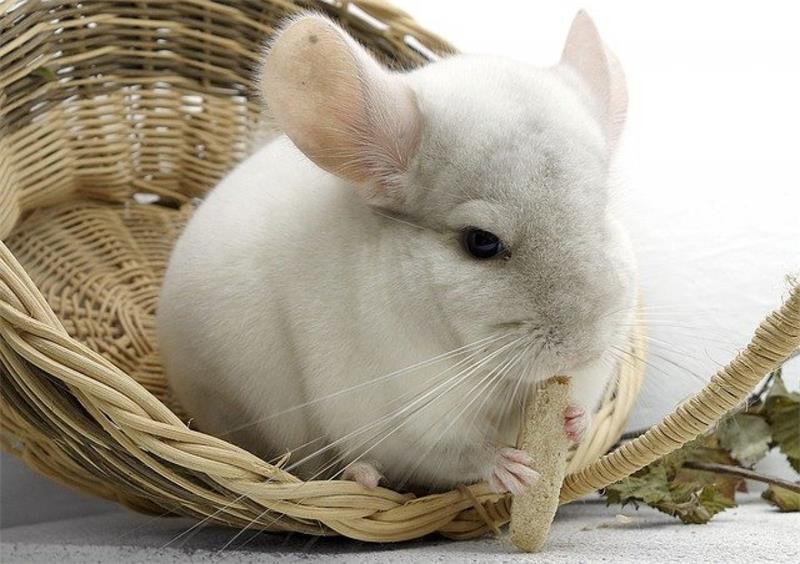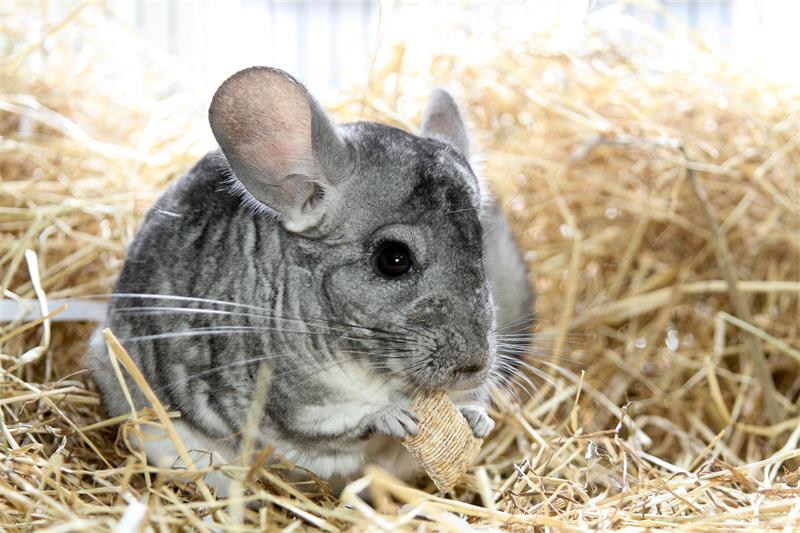If you are thinking of adopting a cat, you might be wondering which breed is the best fit for you. There are many factors to consider, such as your lifestyle, personality, preferences and budget. Cats come in all shapes, sizes, colors and temperaments, so there is no one-size-fits-all answer. However, this guide will help you narrow down your options and find your perfect match.
What are cat breeds?
A cat breed is a group of cats that share certain physical and behavioral traits that are inherited from their ancestors. Some breeds are natural, meaning they developed over time through adaptation to their environment. Others are man-made, meaning they were created by humans through selective breeding for specific purposes or appearances.
There are more than 80 recognized cat breeds in the world, according to various cat registries. However, not all registries agree on the classification and naming of some breeds, so there may be some overlaps or differences among them. Some breeds are more popular than others, depending on the region and culture.
How to choose a cat breed?
Choosing a cat breed is not a simple task, as there are many aspects to consider. Here are some of the most important ones:
- Size: Cats can range from small to large, depending on the breed. Some breeds are naturally bigger or smaller than others, while some may vary within the same breed. Generally, larger cats need more space and food than smaller ones, but they may also be more laid-back and tolerant. Smaller cats may be more active and playful, but they may also be more fragile and sensitive.
- Coat: Cats can have different types of coats, such as hairless, short-haired or long-haired. Some coats may require more grooming and maintenance than others, especially if they are prone to matting or shedding. Hairless cats may need protection from cold and sunburn, while long-haired cats may need regular brushing and trimming. Some people may be allergic to certain types of coats or dander, so it is important to check your compatibility before adopting a cat.
- Color: Cats can have various colors and patterns on their coats, such as solid, tabby, tortoiseshell or bicolor. Some colors and patterns may be more common or rare than others, depending on the breed. Some people may have a preference for certain colors or patterns, while others may not care as much. Color and pattern do not affect the personality or health of a cat, but they may influence its appearance and attractiveness.
- Personality: Cats can have different personalities and temperaments, such as playful, affectionate, independent or shy. Some breeds may be more inclined to certain traits than others, but each cat is an individual with its own character. Personality is influenced by both genetics and environment, so it is important to interact with a cat before adopting it to see if you get along well. Some cats may be more suitable for certain lifestyles and households than others, such as families with children or other pets.
- Health: Cats can have different health issues and risks, depending on the breed. Some breeds may be more prone to certain diseases or conditions than others, such as respiratory problems, kidney failure or heart defects. Some health issues may be inherited from their parents or ancestors, while others may be caused by environmental factors or lifestyle choices. It is important to research the health history and potential problems of a breed before adopting a cat and to provide regular veterinary care and preventive measures.
What are some popular cat breeds?
Here are some examples of popular cat breeds that you may want to consider:
- Siamese: One of the oldest and most recognizable breeds in the world, Siamese cats are known for their striking blue eyes and pointed coat coloration. They are intelligent, vocal and loyal companions who love attention and interaction. They can be demanding and needy at times, so they need owners who can devote time and energy to them¹. They are also prone to some health issues such as dental problems and eye infections.
- British Shorthair: One of the most common breeds in the UK, British Shorthairs are known for their round faces and plush coats. They are calm, gentle and affectionate cats who enjoy being around people but do not demand too much attention. They are easy-going and adaptable to different environments and situations. They are also relatively healthy and robust, with few genetic problems.
- Maine Coon: One of the largest domestic breeds in the world, Maine Coons are known for their long, fluffy coats and bushy tails. They are friendly, playful and curious cats who enjoy exploring and hunting. They are also loyal and devoted to their owners, but not overly clingy or needy. They are generally healthy and hardy, but they may be susceptible to some conditions such as hip dysplasia and hypertrophic cardiomyopathy.
- Persian: One of the most popular breeds in the world, Persian cats are known for their long, silky coats and flat faces. They are elegant, graceful and dignified cats who prefer a quiet and peaceful environment. They are sweet, gentle and affectionate to their owners, but they may be aloof or shy with strangers. They require regular grooming and maintenance to keep their coats clean and healthy, and they may have some health issues such as breathing difficulties and eye problems.
- Ragdoll: One of the newest breeds in the world, Ragdoll cats are known for their large size and floppy demeanor. They are docile, gentle and relaxed cats who love being held and cuddled. They are also sociable, friendly and trusting to everyone, including children and other pets. They are generally healthy and easy to care for, but they may be prone to some conditions such as urinary tract infections and obesity.
- Sphynx: One of the most distinctive breeds in the world, Sphynx cats are known for their lack of fur and wrinkled skin. They are energetic, playful and mischievous cats who crave attention and stimulation. They are also affectionate, loyal and devoted to their owners, who they often follow around like shadows. They require special care and protection from colds and sunburn, and they may have some health issues such as skin infections and heart problems.
How to find a cat breed?
If you are interested in finding a cat breed that suits you, there are several ways to do so. Here are some of them:
- Online research: You can use the internet to search for information about different cat breeds, such as their history, characteristics, requirements and availability. You can also use online tools such as quizzes or filters to narrow down your options based on your preferences and criteria. However, you should be careful about the sources you use, as some may be unreliable or biased.
- Books and magazines: You can also use books and magazines to learn more about different cat breeds, such as their origins, features, personalities and care. You can find them in libraries, bookstores or online. However, you should be aware that some information may be outdated or inaccurate, as cat breeds may change over time or vary by region.
- Breeders and shelters: You can also visit breeders or shelters to see different cat breeds in person. You can ask questions, observe their behavior and interact with them. This can help you get a better idea of their appearance, temperament and compatibility. However, you should be careful about the quality and ethics of the breeders or shelters you visit, as some may be irresponsible or dishonest.
- Veterinarians and experts: You can also consult veterinarians or experts who specialize in cat breeds. You can ask for their advice, opinions and recommendations based on your needs and expectations. They can also provide you with valuable information about the health and welfare of different cat breeds. However, you should be respectful of their time and expertise, as they may have other responsibilities or clients.
Conclusion
Choosing a cat breed is a personal decision that depends on many factors. There is no right or wrong answer, as different breeds may suit different people. The most important thing is to find a cat that you love and that loves you back. A cat is not just a pet, but a friend and a family member.
I hope this guide has helped you learn more about cat breeds and how to choose one for yourself. If you have any questions or feedback, please let me know. Thank you for reading! 😊.


